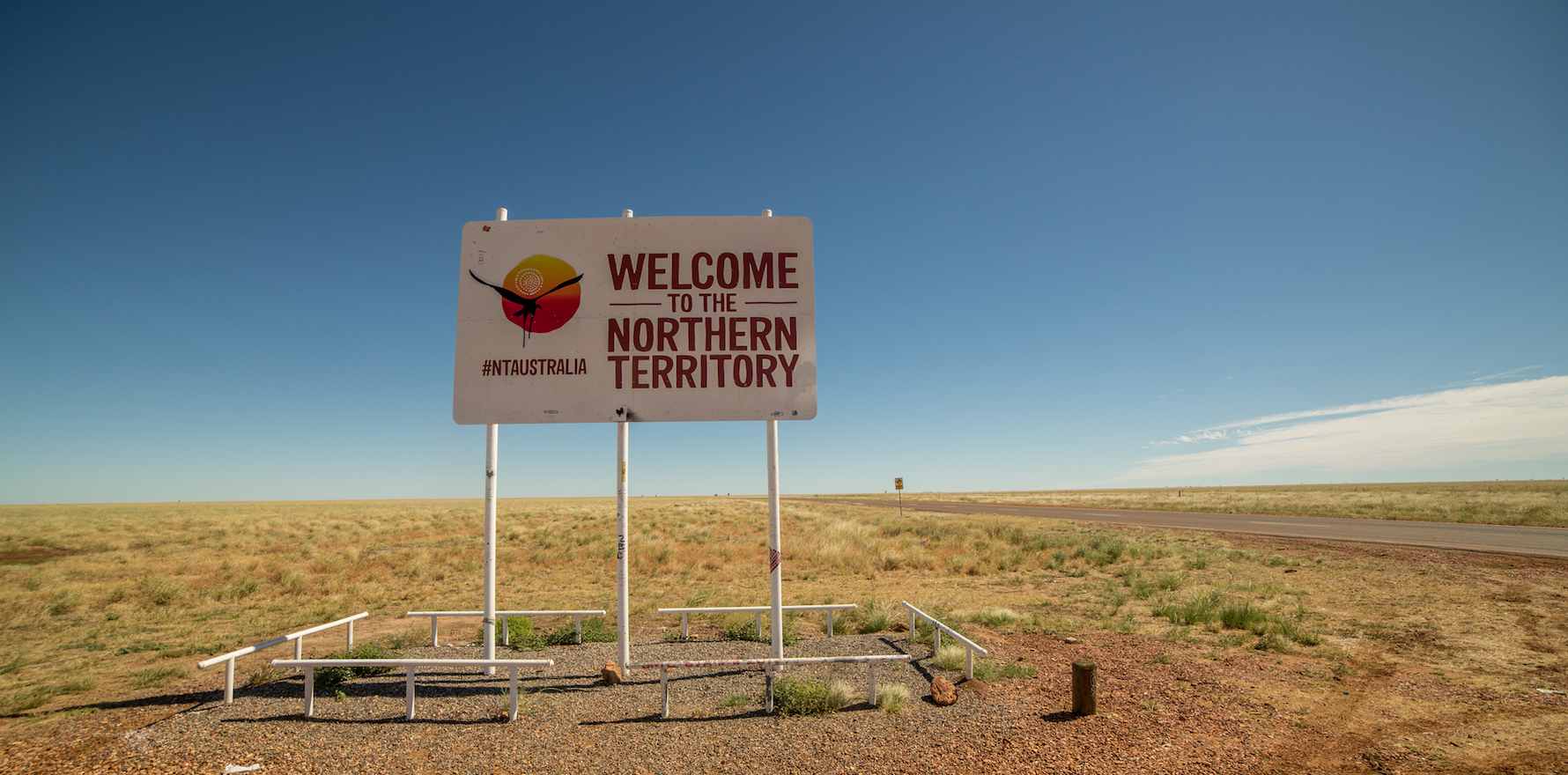The college hopes a suite of ‘ambitious’ measures will start to combat the Top End’s GP drought.
Tax relief, portable entitlements, Aboriginal health salary support, structured training, reduction of barriers to IMGs and improved remote housing are the keys to solving NT’s GP drought, says the RACGP.
Last Wednesday, representatives of the Northern Territory’s health workforce and health organisations met with Assistant Minister for Indigenous Health Malarndirri McCarthy, Assistant Minister for Health and Aged Care Ged Kearney and Northern Territory Chief Minister and Health Minister Natasha Fyles to formulate a plan of attack to address the NT’s health workforce issues, including its GP drought.
The RACGP’s Northern Territory chair Dr Sam Heard hailed the NT as “best place in Australia to train and work as a GP” and said the summit was an opportunity to ensure the longevity of general practice.
“The Territory is facing a critical shortage of GPs, with survey results from last year showing shortages across private general practice, the Aboriginal Community Control Health sector, and the public sector.
“It is no surprise that remote and isolated areas of the Territory are disproportionately affected; in some communities the loss of one GP can mean no access to general practice care without travelling vast distances,” said Dr Heard.
Representatives from numerous health organisations – including the RACGP, the Aboriginal Medical Services Alliance Northern Territory, Central Australian Aboriginal Congress, the Australian College of Rural and Remote Medicine and Northern Territory Health – approached the summit with a joint seven-point plan incorporating workforce concerns relevant across the Territory.
“We discussed these challenges, and the solutions we are pursuing, with Senator Malarndirri McCarthy yesterday, and we were really pleased with her response,” said Dr Heard.
The plan aimed to increase GPs and GPs in training across the Territory “so that all patients, no matter their postcode, have strong access to high-quality general practice care well into the future”, said Dr Heard.
Core to the proposed plan was reintroduction of tax relief for essential workers in rural areas, a solution that has worked in the past according to Dr Heard.
“We also agreed that a portability of entitlement scheme is vital, and preferable over a single employer model,” said Dr Heard.
“One of the challenges in attracting more junior doctors into general practice is that moving jobs means changing employer and losing employment entitlements and benefits, including parental leave and personal leave,” he said.
“A scheme that allows portability of entitlements would enable future doctors to move more freely between sectors.”
The plan also included more salary support for Indigenous Australians working more remotely.
“The introduction of a gradient for Aboriginal health salary support so that remoteness is recognised via a higher rate, with an annual review based on benchmarks, will help,” said Dr Heard.
“We also want GPs in training to have a two-year structured training pathway approved in the Territory to enable support to occur throughout the course of their training.”
Dr Heard said that government funding to improve housing facilities for health professionals in remote areas had to be a priority.
“Let’s not stop there, we need to make it easier for international medical graduates to work in the Territory,” he said.
“The college is very active in this space supporting these doctors, and we would love to see international graduates who are not yet registerable as a GP in Australia get funded GP in training placements if they work in a MM6 or MM7 region, which are more remote communities.”
Both the RACGP and ACCRM agreed to recruit between five and 10 GPs in training to work in the NT from other states.
This “ambitious target” would “start the process of refilling the pipeline that has been depleted over recent years”, Dr Heard said.
“Boosting GP numbers isn’t easy; however, I’m confident that if we work together and urge government to have the right programs and policies in place, we can achieve our targets.
“I don’t want any patient anywhere in the Territory to be left behind when it comes to accessing general practice care, and this bold plan will go a long way towards achieving that.
“The job is now ahead of us, and I can’t wait to get started.”




